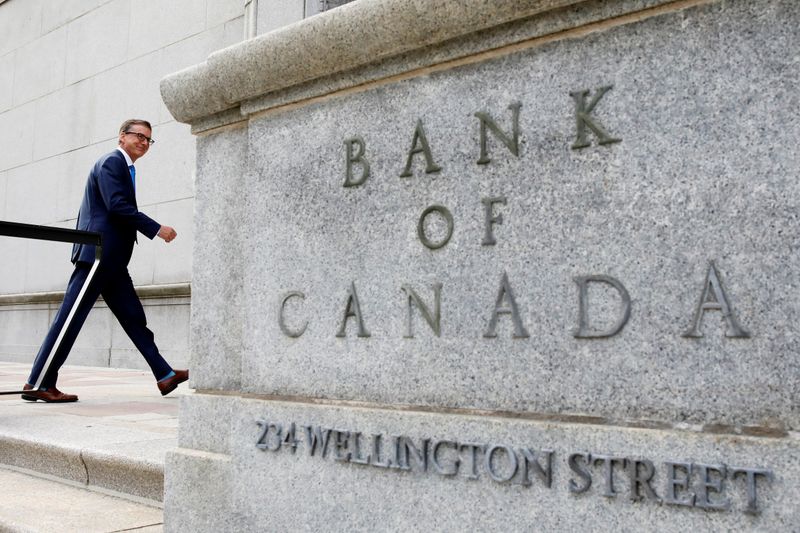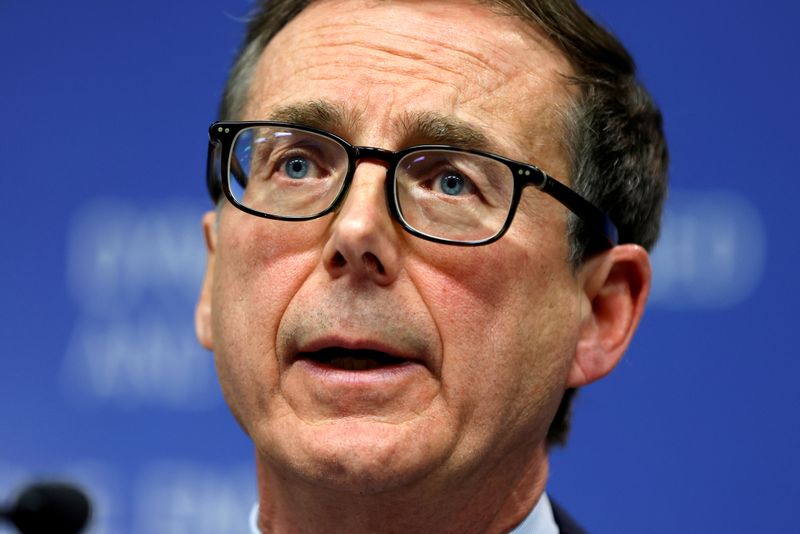OTTAWA (Reuters) – Canada’s economy will see a solid and sustained rebound this year as inoculations ramp up, Bank of Canada governor Tiff Macklem said on Tuesday, while warning that Canada’s red-hot housing market is starting to show signs of “excess exuberance.”
Macklem, speaking with an Alberta business audience, said that as more Canadians are inoculated, the hardest-hit segments of the economy will be able to begin resuming operations, resulting in strong job growth.
“Clearly getting vaccines into Canada and into Canadians is top priority,” he said. “The sooner we achieve widespread immunity and can get back to more normal activities, the stronger and more sustained will be the recovery.”
He earlier said that vaccines “promise a more sustained recovery” coming out of the second wave of COVID-19 infections.
Answering an audience question about housing, Macklem noted a fundamental shift in buyer needs during the pandemic, but also said for the first time that the central bank is starting to see signs of froth in the hot housing market.
“When we see extrapolative expectations, when we see people starting to buy houses solely because they think the prices are going to go up, that is a warning sign for us. We are starting to see some early signs of excess exuberance,” he said.
He later told reporters the Bank does not yet see the need for new measures to dampen the market.
In his speech, Macklem said it would be “some time” before Canada saw a full recovery, noting the pandemic had accelerated a trend toward automation, with many low-wage jobs at high risk of being affected.
He also pointed to a “likely permanent” trend toward e-commerce, predicting the economy may need “significantly fewer” retail workers.
“We are not returning to the same economy we had before the pandemic. Even as it recovers, the economy is adapting to structural changes, and some workers will need to shift to jobs in faster-growing sectors,” he said.
Macklem reiterated interest rates would remain at their effective lower bound until economic slack is fully absorbed, which the bank says should occur in 2023.
The Canadian dollar steadied at about 1.2595 per U.S. dollar, or 79.40 U.S. cents, after the speech, near a three-year high.
(Additional reporting by Fergal Smith in Toronto; editing by Jonathan Oatis and Aurora Ellis)

























